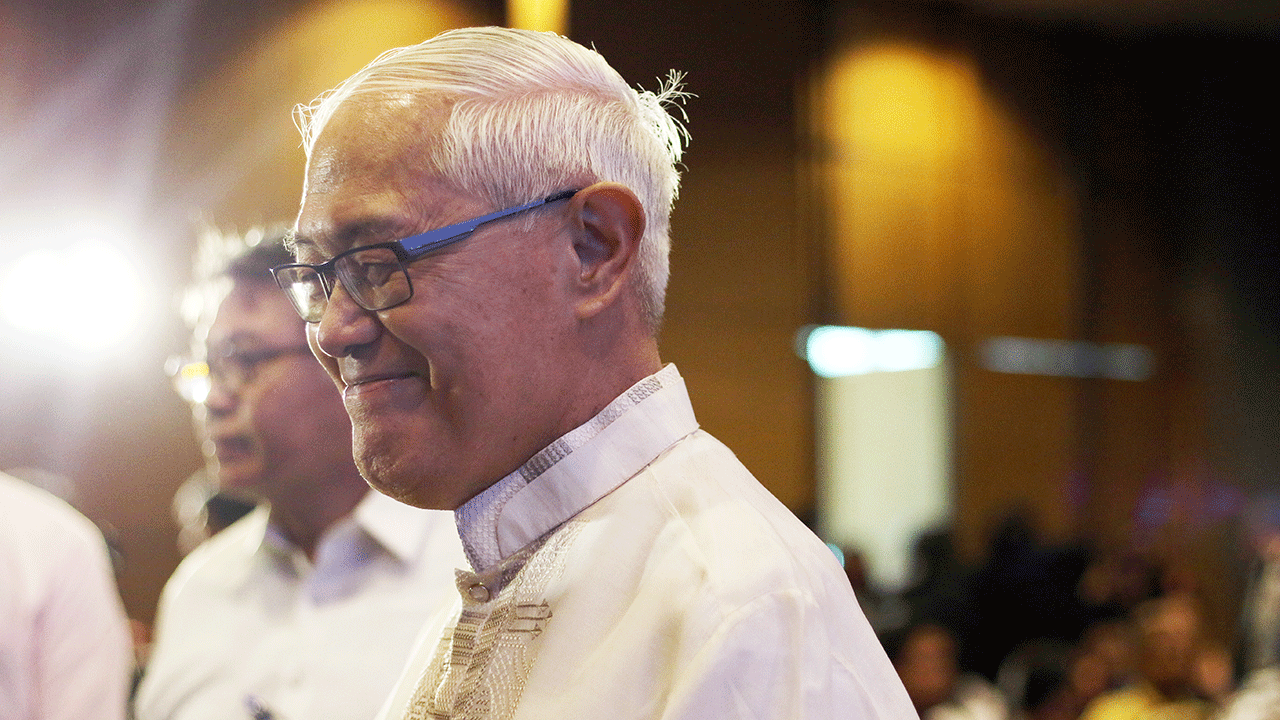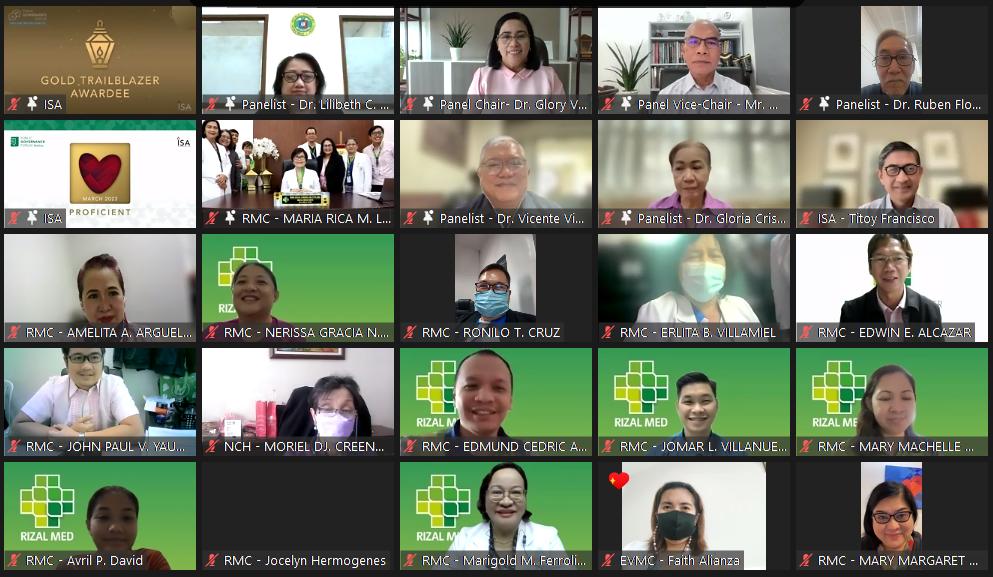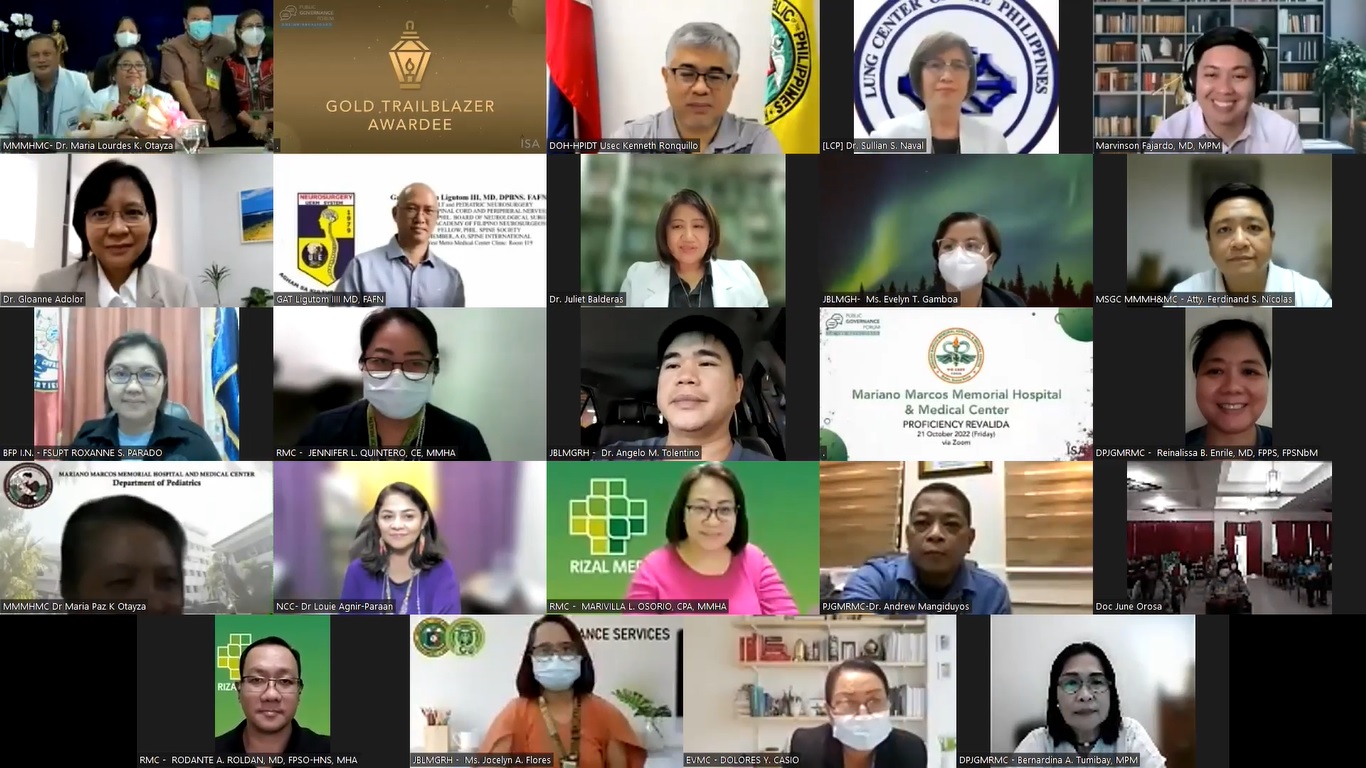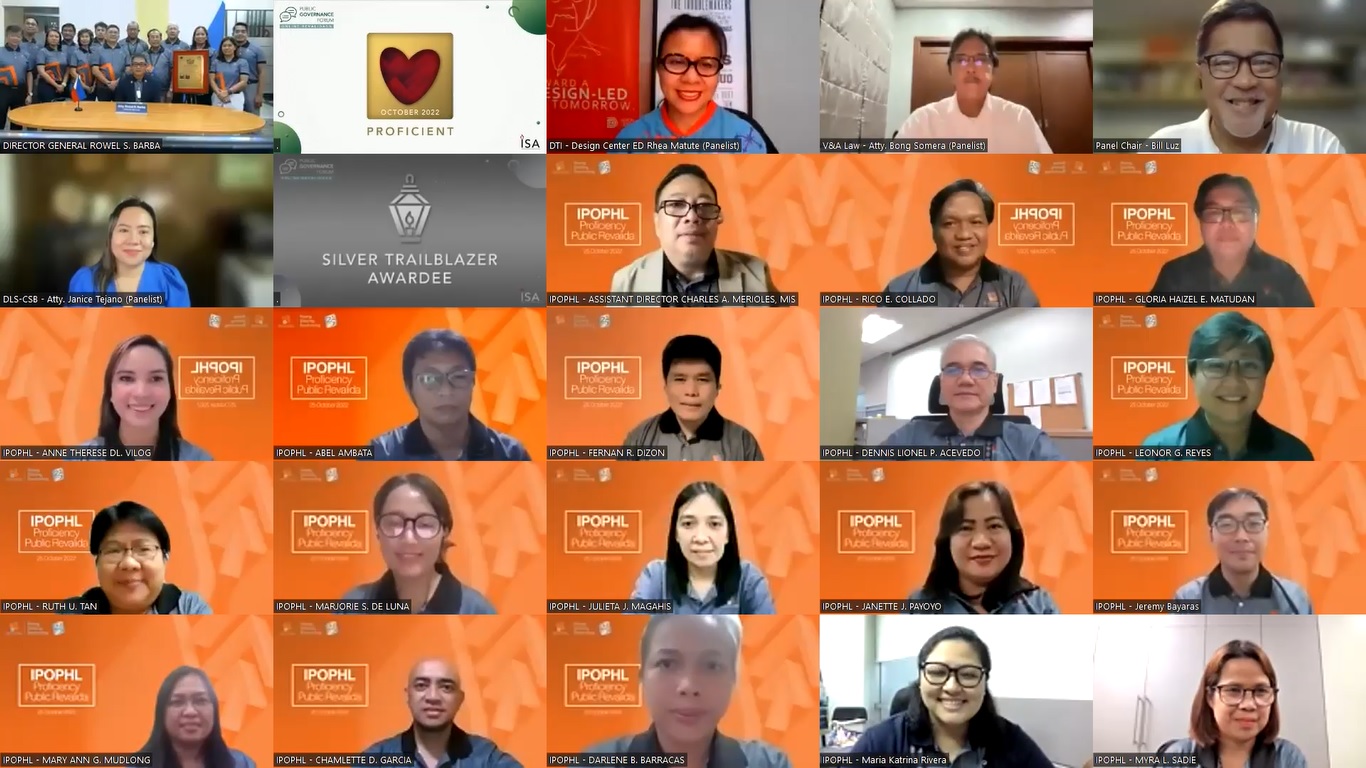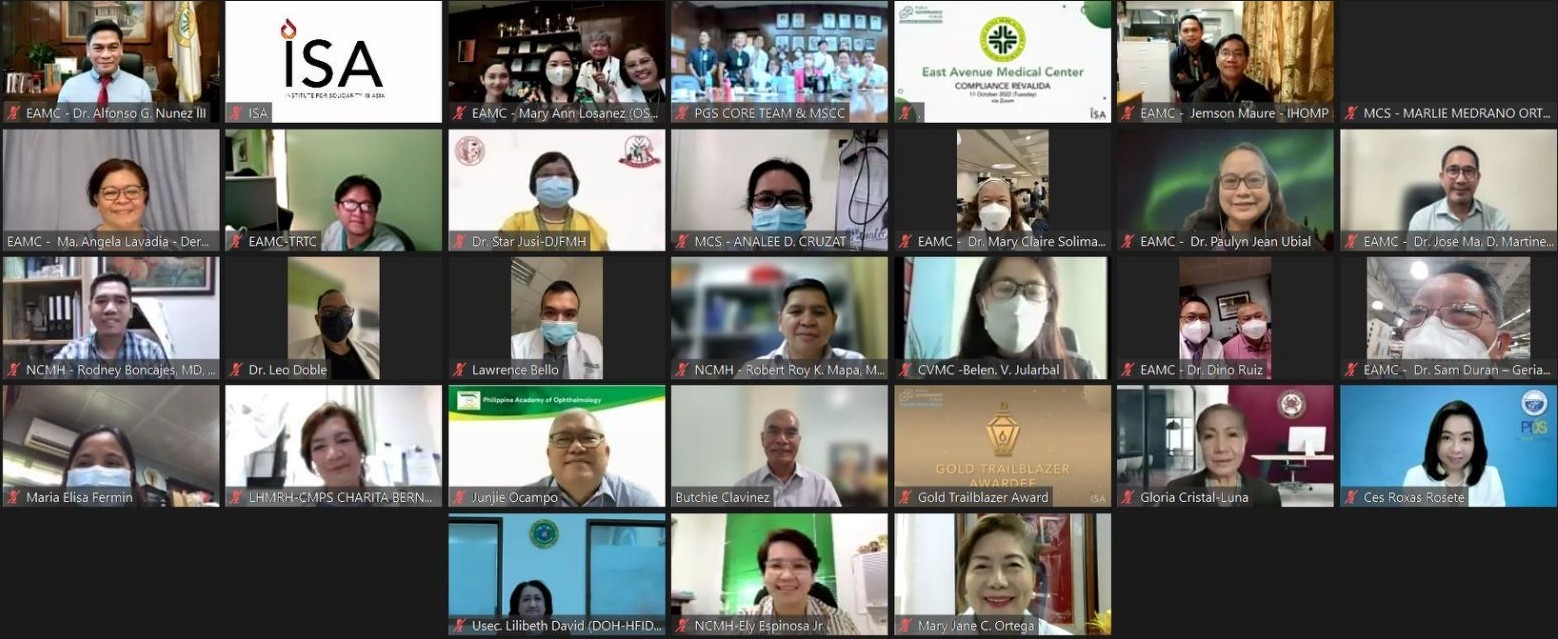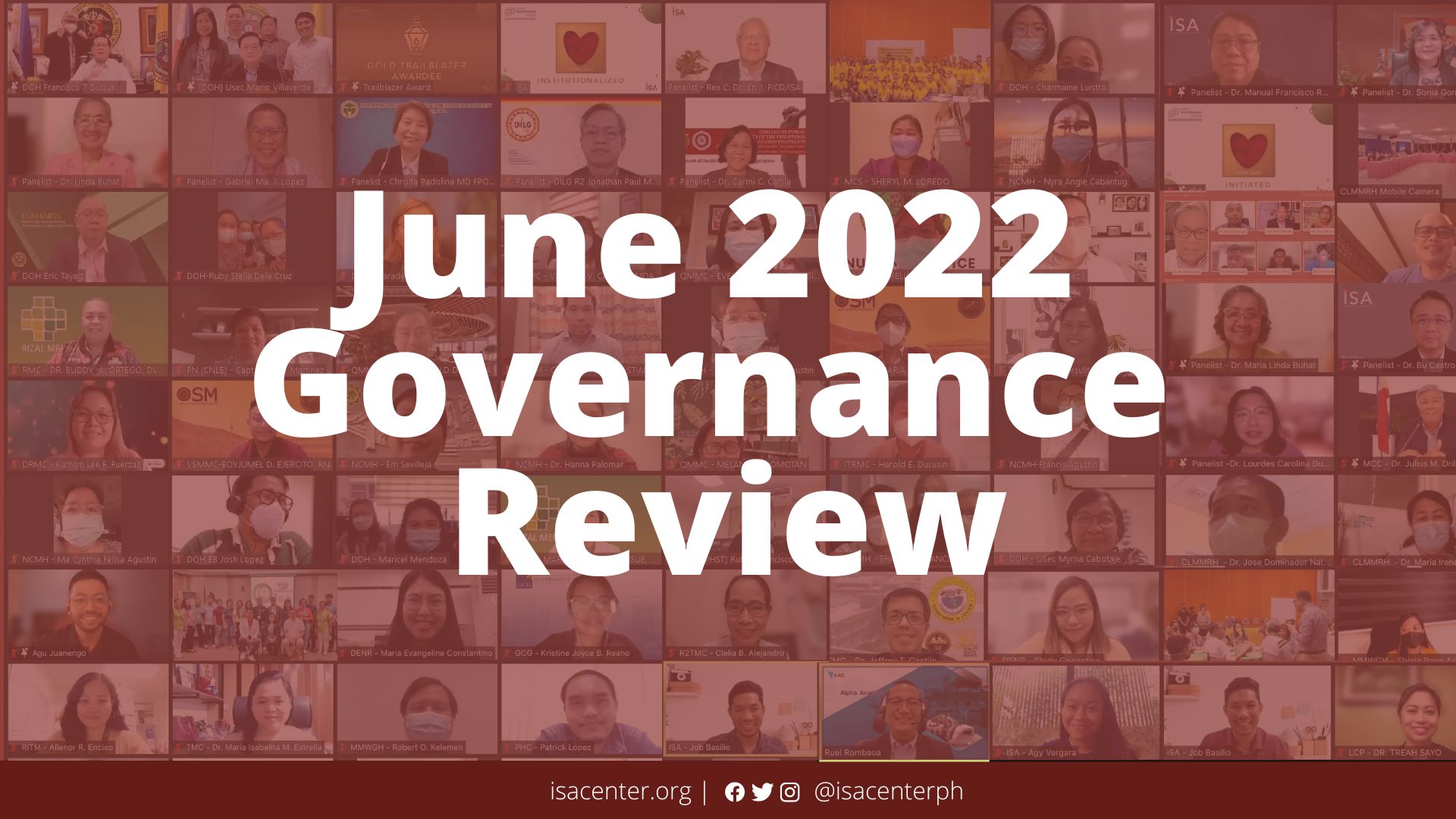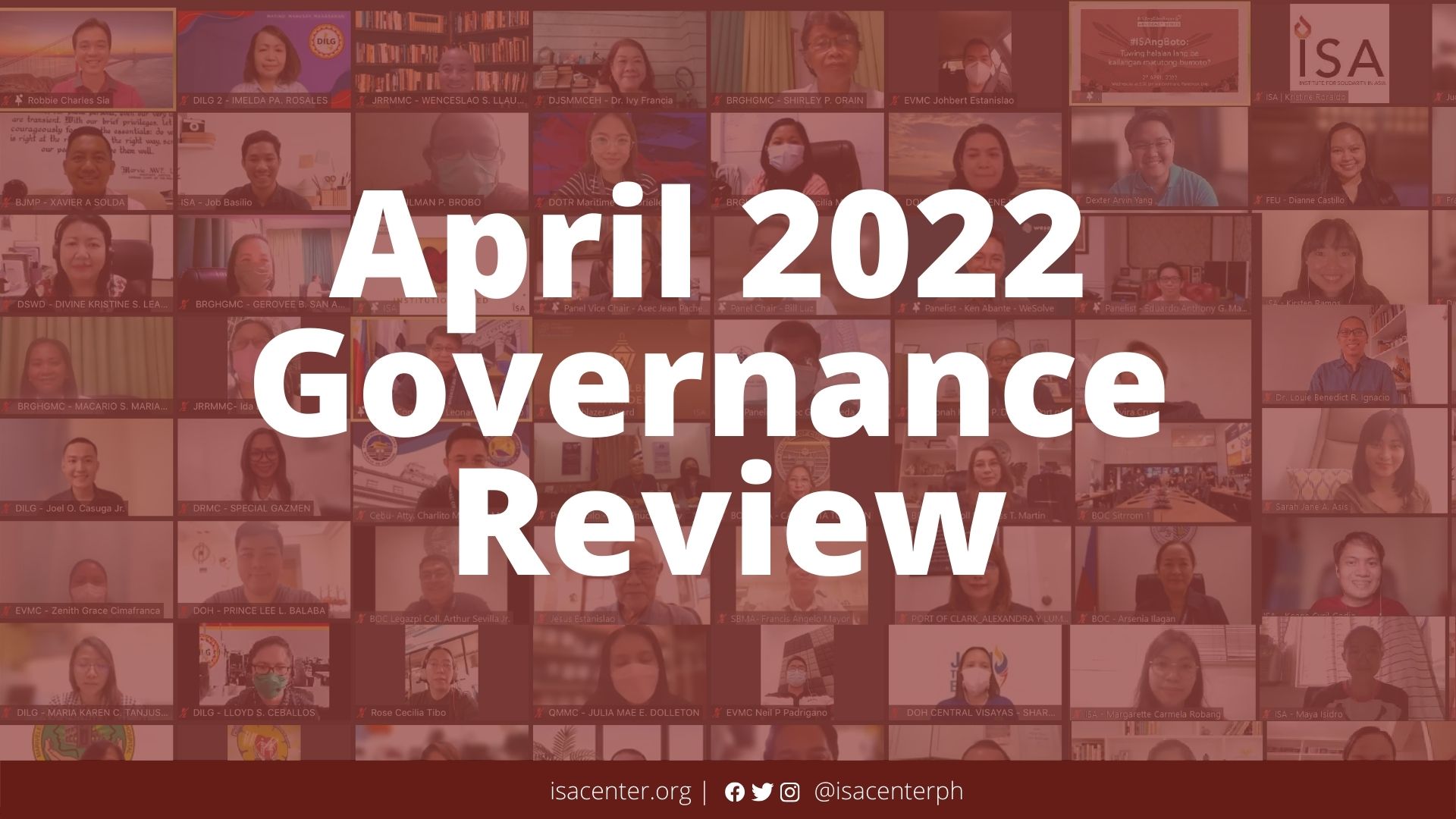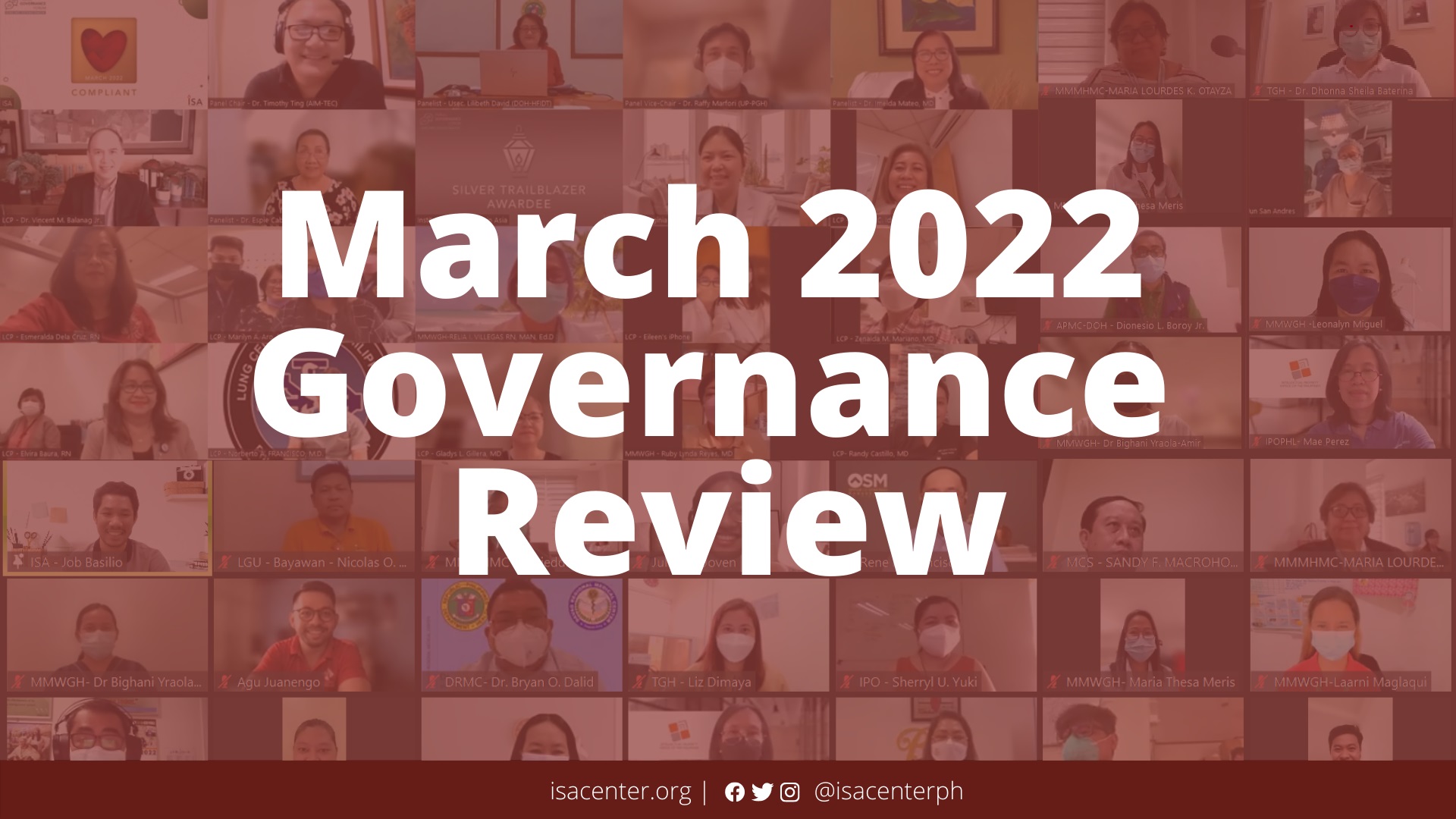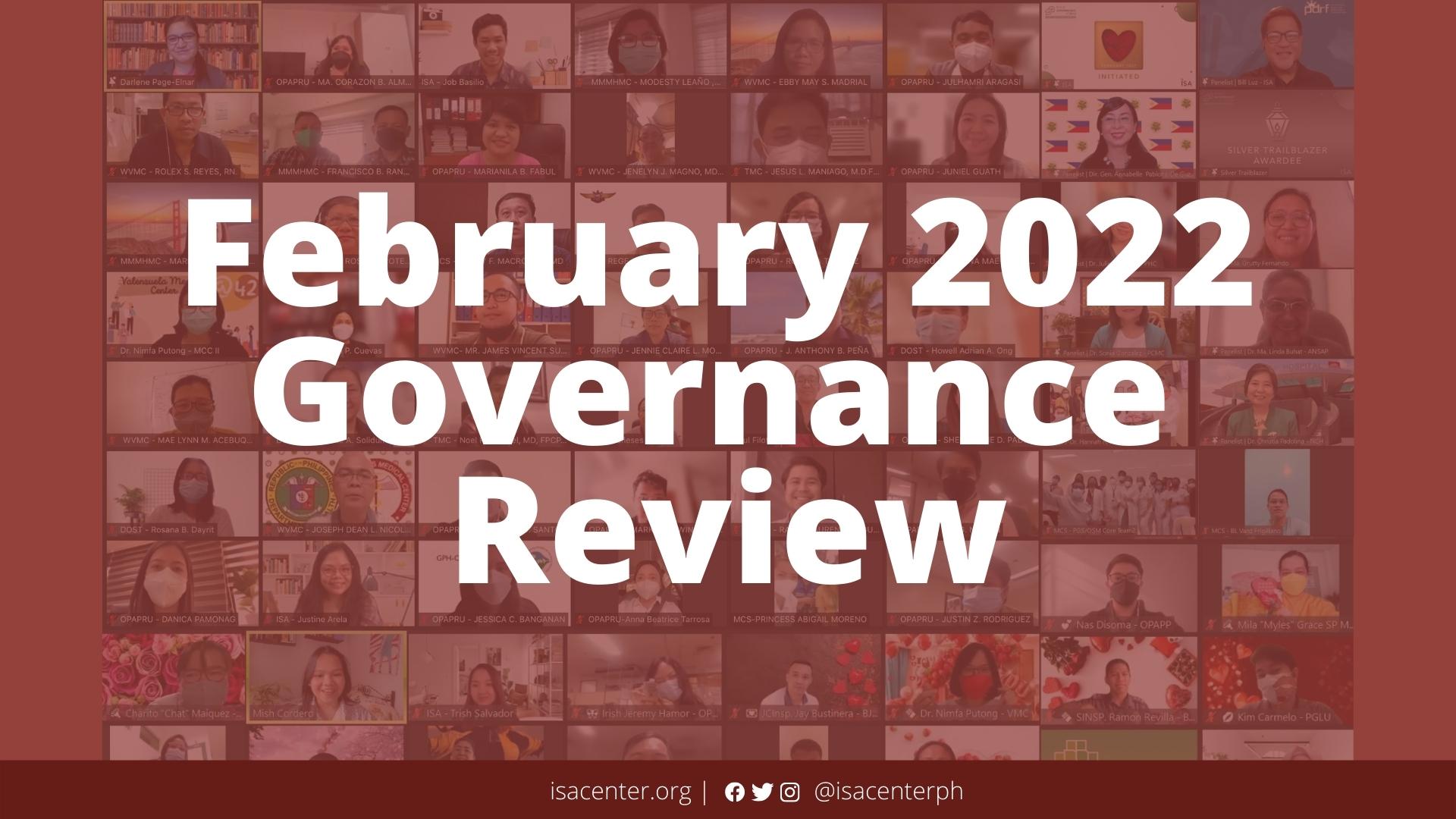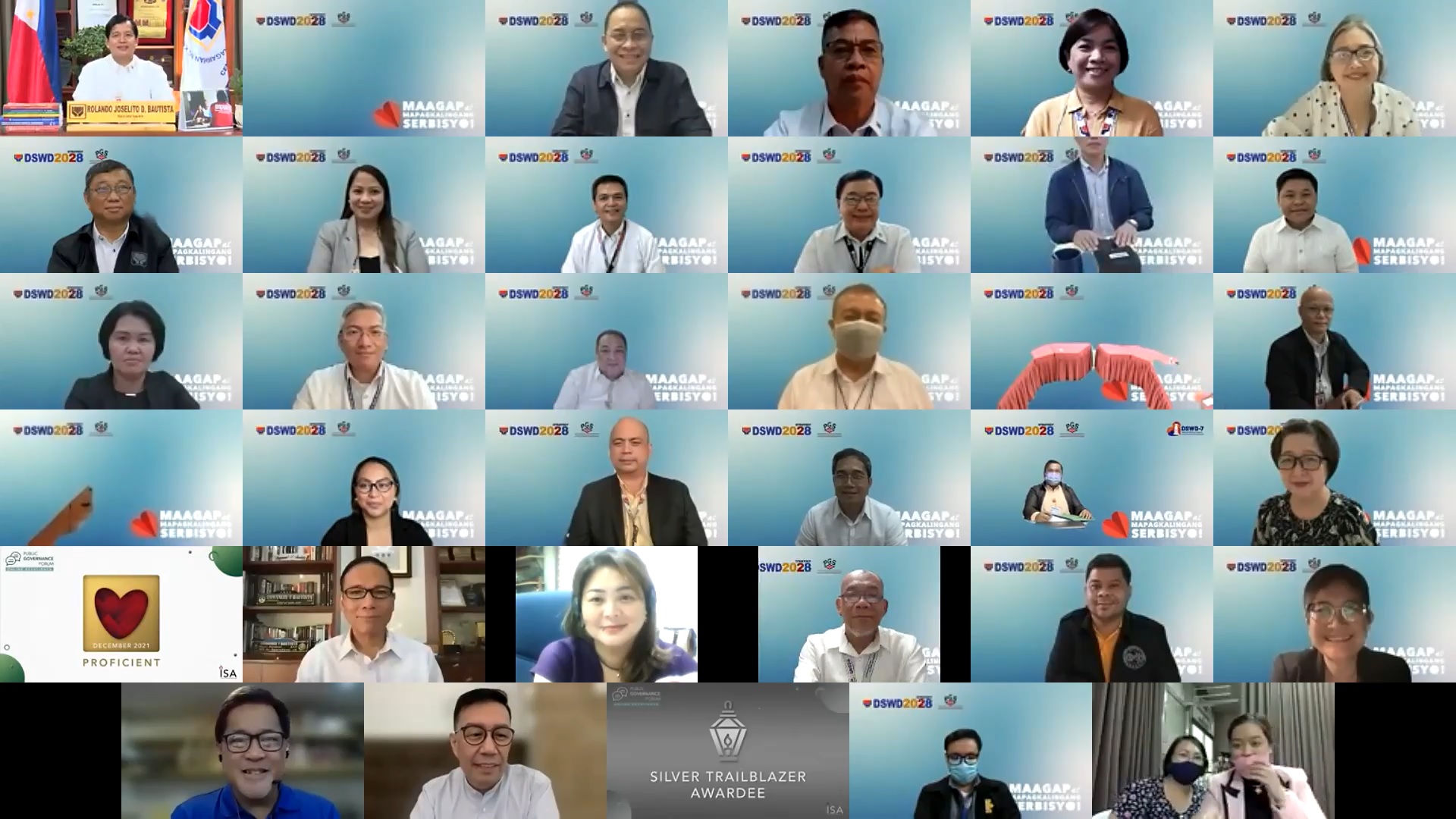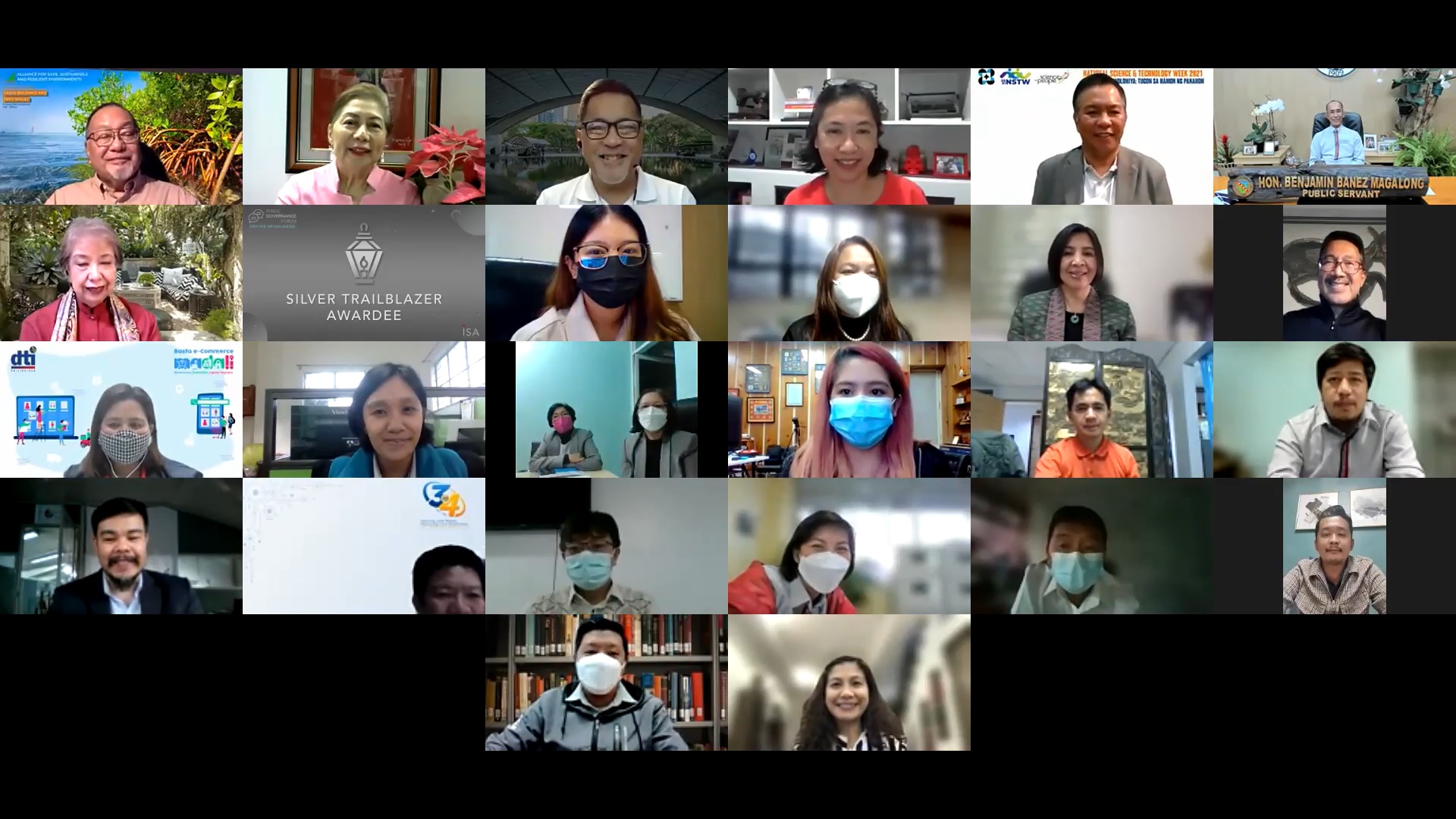“This is the real core of what we are trying to do. We have a country to build, we have a people to develop. Let us do so with eyes wide open, with minds fully alert to past lessons. And, above all, with hearts concentrated on what is truly for the common good of the Philippines and the Filipinos.” – Dr. Jesus Estanislao
Coming back to the Philippines from a six-month sabbatical in Spain, Institute for Solidarity in Asia chairman emeritus Dr. Jesus Estanislao launched his book “Governance in the Philippines: Spanish colonial era, 1565-1898“ via a roundtable attended by governance practitioners and history lovers held on June 14, 2018 at the Unilab Bayanihan Center in Pasig City, Philippines.
Among a group of history and economics experts, Dr. Estanislao was joined by Instituto de Cervantes director Carlos Madrid Alvárez-Piñer and University of Asia and the Pacific (UA&P) professor and trustee Dr. Paul Dumol as panelists, with San Fernando, La Union former mayor and ISA Trustee Ms. Mary Jane Ortega as moderator.
The event overflowed with knowledge and inspiration as the stars of the show were the panelists’ thoughts themselves.
During his commentary on the book, Dir. Madrid regarded Dr. Estanislao’s writing of the book as both brilliantly made and perfectly outlined as “Dr. Estanislao was able to identify certain parameters in certain events in the past” which he points out were the ideas of pragmatism and accountability. As a Spanish historian, he shared that part of the Spaniards’ main agenda during that time was to develop the corpus of the legal system in the country.
More than Christianity, Ms. Ortega summed Dir. Madrid’s words in saying that Spain gave the Philippines her name. And more than the name, Filipinos were given their sense of nationhood, their sense of identity, and their sense of governance.
Dr. Dumol echoed this sentiment, saying that “the point here is that the sense of citizenship, the idea of belonging to a community started during the Spanish times.” As Dr. Estanislao explained that the idea of consultation in governance was introduced to the Filipinos via the introduction of the electoral system – something which, contrary to common knowledge, was first introduced during the Spanish colonial period.
As seen plastered on the ISA banners along the halls of Bayanihan Center, Dr. Estanislao reiterated to the crowd, inviting the audience: “Make governance a shared responsibility.” He invited all attendees to continue the good things that were handed down and learned during the Spanish-colonial period. Among these are responsible citizenship by practicing one’s right to vote and doing well for the greater benefit of the country, such as what was displayed by the Spanish when they opened the port of Manila.

